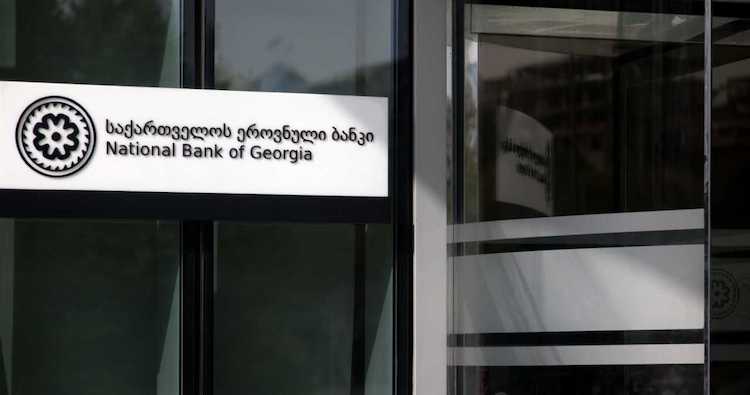National Bank committees discuss mitigation of impacts of global circumstances on domestic economy

The Monetary Policy and Financial Stability committees of the National Bank of Georgia met on Wednesday to discuss mitigating impacts of int'l financial circumstances on the domestic economy. Photo: Nino Alavidze/Agenda.ge
The Monetary Policy and Financial Stability committees of the National Bank of Georgia met on Wednesday to discuss mitigating impacts of international financial circumstances on the domestic economy.
The committees decided the accumulation of the countercyclical buffer would take place gradually, while the upper limit of the minimum foreign currency reserve requirement norm would be reduced, the NBG said.
The body added commercial banks operating in Georgia were now required to accumulate a neutral countercyclical buffer according to the following schedule:
- 0.25 percent by March 15, 2024
- 0.5 percent by March 15, 2025
- 0.75 percent by March 15, 2026
- 1 percent by March 15, 2027
The Monetary Policy Committee reduced the upper limit of the reserve norm on short-term foreign currency liabilities from 25 percent to 20 percent. This change will provide the local market with additional liquidity in foreign currency and more flexibility for buffer accumulation, which will somewhat mitigate the impact of globally tightening financial conditions on the financial sector, and as a result, improve access to finance”, the Bank said.
It also said the domestic financial system maintained stability and continued to provide credit to the economy “without interruption”.
As of October 2023, banks have healthy capital and liquidity ratios […] if the current trend of credit activity and economic growth is maintained, it is expected the ratio of loans to gross domestic product to approach its long-term trend in 2024. Therefore, at the current stage, there is no need to change the cyclical component of the capital countercyclical buffer”, the body said.
The Bank added it was continuing “active” work on a long-term plan with the banking sector to reduce structural risks caused by the high level of dollarisation.
 Tweet
Tweet  Share
Share